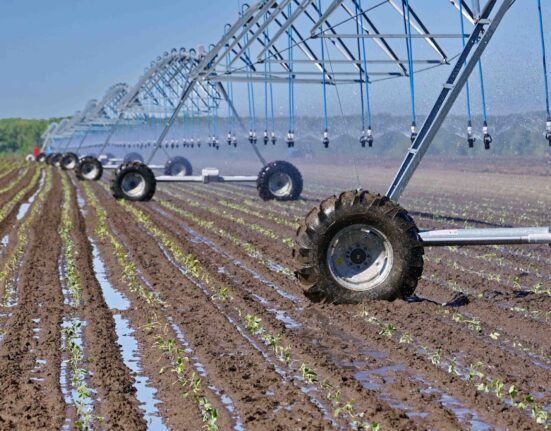The 8th CAREC Think Tank Development Forum (CTTDF) was held on August 27 and 28 in Almaty, Kazakhstan. Themed “The Climate Challenge: Thinking Beyond Borders for Collective Action,” the forum addressed regional climate challenges by fostering collaborations for policy recommendations and joint research.
Organized by the CAREC Institute, the Eurasian Development Bank, the Asian Development Bank and other partners, the forum brought together policymakers, experts, and leaders from across Asia to advance regional cooperation on climate action.
Headquartered in Urumqi in China’s Xinjiang, the CAREC Institute is an intergovernmental organization contributing to the Central Asia Regional Economic Cooperation (CAREC) Program through knowledge generation and capacity building. The Institute is jointly shared and governed by the CAREC eleven member countries: Afghanistan, Azerbaijan, China, Georgia, Kazakhstan, Kyrgyzstan, Mongolia, Pakistan, Tajikistan, Turkmenistan, and Uzbekistan.
At the forum, Arman Ahunbaev, Head of the Eurasian Development Bank’s Center for Infrastructure and Industrial Research, presented EDB’s “Financial Solutions to Close the Investment Gap in the Drinking Water and Sanitations Infrastructure in Central Asia”.
Ahunbaev gave an overview of a recent EDB study on the Drinking Water Supply and Sanitation in Central Asia, which revealed that nearly 10 million people in the region currently lack access to safe drinking water. The sector faces a significant funding shortfall, with an additional $2 billion needed annually from 2025 to 2030 to meet its goals.
To address this challenge, the EDB proposes three key solutions:
Attracting additional financial resources from international organizations and multilateral development banks through pooled funding.
Encouraging private investment in the water and sanitation sector while maintaining a balanced role for the state.
Enhancing the tariff system to ensure the sector’s financial sustainability, potentially by raising water tariffs.
Ahunbaev explained that “the implementation of investment projects in the water and sanitation sector could have a significant economic impact. These projects are vital for public health, education, and social well-being. Investments in drinking water supply and treatment infrastructure produce a considerable multiplier effect for the economy. Each dollar invested in CA projects designed to upgrade that infrastructure will, on average, generate three additional dollars”.
Key discussions focused on creating a conducive policy environment that incentivizes private sector engagement in climate initiatives. Presentations underscored the critical role of all stakeholders—governments, regulators, multilateral development banks (MDBs), and private finance entities—in mobilizing the necessary resources to address the climate challenge. Arman Ahunbaev from EDB, representatives from the United Nations Economic and Social Commission for Asia and the Pacific (UNESCAP), Asian Development Bank (ADB), and Impact Hub Asia-Pacific shared insights on bridging the sustainable finance gap, fostering transition finance, addressing Central Asia’s pressing water and sanitation infrastructure needs, and financing innovations for startups and green technologies in the CAREC region.




